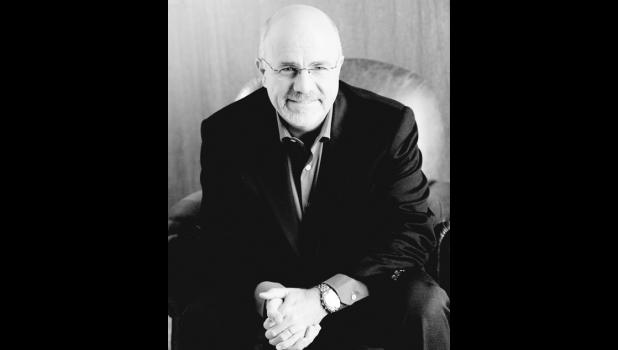Dave Says
First things first
Dear Dave,
My husband and I are in our thirties. We have $15,000 in debt spread across student loans, credit cards, and a car payment. We make decent money, and we’ve each got around $50,000 in our 401(k) plans. What steps can we take toward becoming good investors?
Heather
Dear Heather,
When you’re building wealth, everything will fall apart unless you have a rock-solid foundation. If someone has an eye toward investing, I always recommend they first become debt-free. Another thing I advise ahead of investing is saving up an emergency fund of three to six months of expenses. This is money you never touch, except in the case of a real emergency.
Once these two elements are in place, you’ve constructed that solid financial foundation from which you can begin building wealth. Most people skip these two steps, and jump right into funding things like 401(k)s, mutual funds, and Roth IRAs. These are all great investment tools, but when you do it this way it’s like building a house by starting the framing before you’ve laid the foundation. This kind of approach is likely cause setbacks and all kinds of other problems down the road.
What I’m recommending makes up the beginning Baby Steps in my plan. The very first Baby Step is to get a starter emergency fund of $1,000 in the bank. Baby Step 2 is paying off all debt, except for your home, using the debt snowball method. And Baby Step 3 is to finish growing your emergency fund until you have three to six months of expenses saved. Investing is Baby Step 4, and that means 15 percent of your household income going toward retirement.
In your situation, debt isn’t really the problem. It’s a symptom of you two buying things you couldn’t afford. Start living on a written, monthly budget. Give every dollar a name before the month begins, and break that debt cycle by developing a permanent financial game plan. Once you do that, I’ll bet both of you will end up feeling like you got a raise.
Even better, you’ll have started down the path to freeing up your largest wealth-building tool—your income.
—Dave
How much emergency fund?
Dear Dave,
I know you talk about having an emergency fund of three to six months of expenses set aside. My husband and I are having a difficult time agreeing on exactly how much we should set aside for emergencies. How do you determine the exact amount?
Erin
Dear Erin,
The exact you amount you have in your emergency fund—whether it’s three, four, five, or six months of expenses—is really more about peace of mind than anything else. Still, there are a few practical things to consider.
If you both have very stable jobs, you’d probably be okay saving three or four months of expenses. But if one of you is self-employed, makes most of their money through commissions, or only one of you works outside the home, it would make more sense to have five or six months of expenses set aside.
Of course, you can always compromise while leaving room for growth. There’s nothing wrong starting out with three months of expenses saved, then adding more as time goes by. The main thing is that you’re both in agreement, and you both feel safe with the amount of money in your emergency fund.
—Dave
* Dave Ramsey is CEO of Ramsey Solutions. He has authored seven best-selling books,. The Dave Ramsey Show is heard by more than 16 million listeners each week on 600 radio stations and multiple digital platforms. Follow Dave on the web at daveramsey.com and on Twitter at @DaveRamsey.

